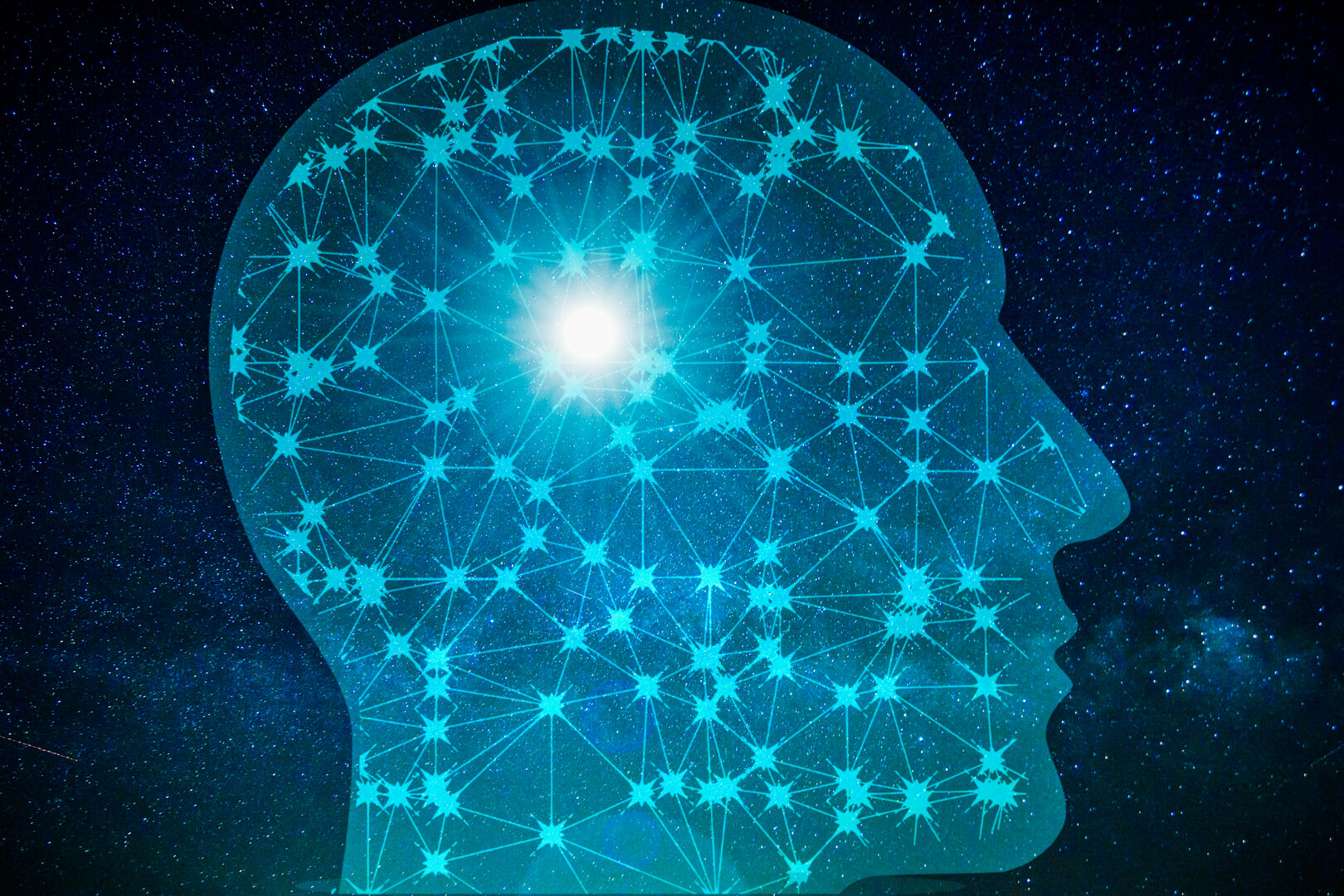The world is abuzz with the transformative power of Artificial Intelligence, and at the vanguard of this revolution are AI agents. These aren’t just smart algorithms; they’re the next evolution of AI, capable of taking initiative, making decisions, and executing complex tasks with minimal human intervention. We’re moving beyond simple chatbots and into an era where AI can truly operate with a degree of autonomy, reshaping industries and daily life as we know it.
What Exactly Are AI Agents?
Think of AI agents as highly sophisticated digital workers. Unlike traditional AI that often requires constant human prompting for every step, an AI agent can understand a broad goal, break it down into smaller tasks, and then figure out how to achieve each step autonomously. They leverage advanced machine learning, natural language processing, and robust reasoning capabilities to adapt, learn from their environment, and continuously improve their performance. This means they’re not just executing commands; they’re problem-solving and acting strategically.
A Glimpse into the Autonomous Future
The impact of these intelligent agents is already being felt across various sectors:
- Healthcare’s Digital Doctors: Imagine “AI hospitals” where virtual AI doctors diagnose ailments, manage patient records, and even suggest personalized treatment plans. Countries like China are pioneering this, with virtual facilities where AI agents can accurately assess conditions and handle thousands of patient interactions. This isn’t about replacing human empathy, but about augmenting capacity and precision, especially in underserved areas.
- Finance’s Vigilant Guardians: In the fast-paced world of finance, AI agents are revolutionizing fraud detection, identifying suspicious patterns in real-time, and safeguarding transactions. They’re also becoming invaluable in algorithmic trading, executing lightning-fast market moves, and providing personalized financial advice by analyzing vast datasets to optimize portfolios and manage risk.
- Manufacturing’s Smart Automation: From predictive maintenance that anticipates machinery breakdowns to optimizing complex supply chains, AI agents are transforming manufacturing floors. They streamline production, enhance quality control, and even assist in new product development, creating more efficient, responsive, and data-driven operations.
- Our Daily Lives: Beyond industry, AI agents are quietly weaving themselves into our everyday routines. Think of advanced virtual assistants that manage your schedule and smart home devices that anticipate your needs. They’re personalizing online experiences, securing your digital footprint against cyber threats, and even offering accessible mental health support through intelligent chatbots.
Navigating the Challenges and Opportunities
While the potential of autonomous AI agents is immense, their rise also presents a set of crucial considerations. Ethical questions around accountability, bias in decision-making, and job displacement are at the forefront. Ensuring transparency, robust security, and human oversight remain paramount as these agents become more integrated into critical systems.
However, the opportunities for innovation, efficiency, and solving complex global challenges are equally compelling. AI agents promise to free up human talent from repetitive tasks, allowing us to focus on creativity, critical thinking, and interpersonal connections. They can unlock new levels of productivity, accelerate scientific discovery, and deliver personalized services on an unprecedented scale.
The future of autonomous intelligence is not a distant dream; it’s unfolding now. As AI agents continue to evolve, their seamless integration into our world will demand careful development and thoughtful implementation, ensuring that this powerful technology serves humanity’s best interests.
